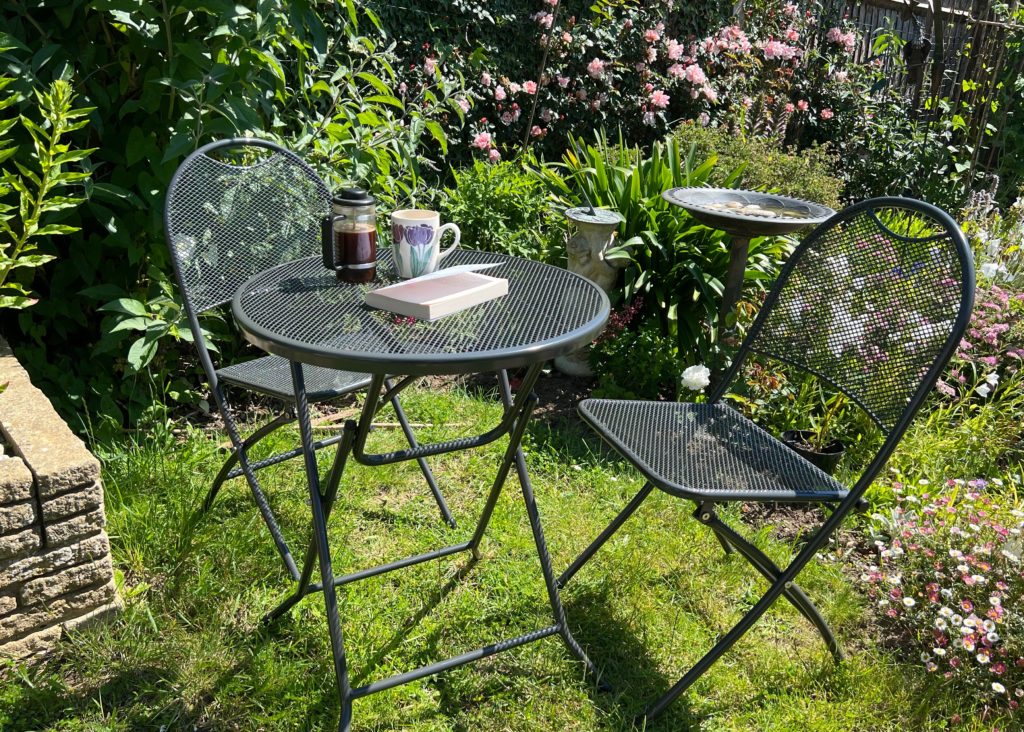Find a different way of working

As well as enjoying the long Jubilee weekend, I took the opportunity for a couple of days off AND working flexibly.
It’s one of the benefits of being able to work for yourself and choosing when to work. Although this is also the reason so many people working at home don’t end up taking breaks. Whether it’s because they feel guilty if they do, after all you’re meant to be working or they need to ‘prove’ they’re working hard by … working hard!
Being our harshest critics, we don’t always see how hard we're working and when it’s becoming a problem.
Take a break!
How often, even if you work from home do you allow yourself to take time out - have a coffee break, have a lunch break, take a few hours off or even enjoy an hour in the sunshine?
- Every day
- Every week
- Rarely
- Never
Well, I hereby give you permission to take a break!
There’s a move away from the traditional 9-5, Monday to Friday, not just for the self-employed but for those in larger businesses too.
With all the talk and discussion about 4 day weeks and 6 hour working days (see the previous blog posts), it was interesting to hear from some of the younger members of the family and their partners. Their companies are taking a more flexible, forward thinking approach to the working day.
One of the businesses has introduced finishing early on Fridays. Everyone finishes at 1pm on Friday. No loss of salary, just an earlier start to the weekend.
Others are adapting to the hybrid working environment. Working in the office 2-3 days a week and working from home for the remainder. They get to chose the days they go in to the office and when they work from home.
It’s a bonus for those feeling isolated purely working from home that they can have the best of both worlds. They can be just as productive and enjoy the flexibility and connection of being in the office.
Changing the way we work
This is so different from when I was working in the corporate world, where it was 9-5, five days a week. No working from home. No flexibility.
Based on a recent survey by the FSB, the majority of businesses in the UK are small businesses with less than 50 employees. They account for 60% of the employment. Smaller businesses have the flexibility to be able to adapt quickly to the changing working environment. They're more likely to focus on health and wellbeing and creating a happier working environment.
The awareness of the connection between productivity and the happiness and wellbeing of employees is gaining traction and becoming more mainstream. Many companies now have health and wellbeing as part of their benefits package. Sickness and absenteeism costs business billions every year, so it makes sense to invest in employees.
I’ve been asked to host another workshop focusing on productivity, health and wellbeing. That’s the third one booked for September and I’ve already run five this year in addition to my own Webinar sessions.
Is employee health and wellbeing at the forefront of your organisation or is just an afterthought?
Let me know in the comments.
Find out More
Working a six hour day - can it really work? (Blog post)
How to work a 4 day week (Blog post)
If you're want to organise your week, so you can work more flexibly, take a look at the Plan Your Week - 5 Day mini-course ... or
Get in touch and let's have a quick chat.